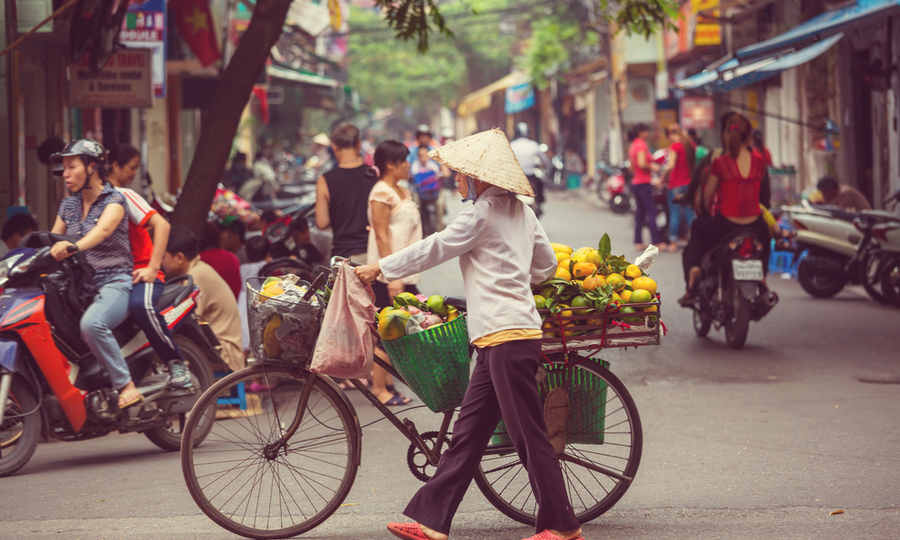I WANT
RELATED LINKS
I WANT
RELATED LINKS
RELATES LINKS
I WANT
RELATES LINKS
Services
Related Links
Use and Management of Cookies
We use cookies and other similar technologies on our website to enhance your browsing experience. For more information, please visit our Cookies Notice.
- Personal Banking
- Stories & Tips
- BUSINESS MAKER
- Doing business in Vietnam and winning your partner’s heart (Business Culture and Etiquette)
- Personal Banking
- ...
- Doing business in Vietnam and winning your partner’s heart (Business Culture and Etiquette)
STORIES & TIPS
Doing business in Vietnam and winning your partner’s heart (Business Culture and Etiquette)
Doing business in Vietnam and winning your partner’s heart (Business Culture and Etiquette)
24-03-2021
You shouldn’t limit your business dealings to just the domestic market. Expanding to regional markets is another step to bigger success, and getting to know your overseas business partners is a key strategy for winning their hearts in business deals.
Among the ASEAN countries, Vietnam is one of the faster-growing economies and an investment destination for every sector. Before making a business move, investors should learn about business etiquette and tips to break the ice for smooth and successful business negotiations with their Vietnamese partners.

- Greeting: Shake hands with the same gender and take a bow to the opposite gender. Always say hello and goodbye to the most senior person first.
- Addressing: Always address someone with a title: Mr., Ms., or Mrs. rather than just calling them by their names.
- Appointment: Always make an appointment before visiting your Vietnamese partners so they can prepare for your visit. They don’t like meeting without an appointment.
- Exchanging business cards: Always give and receive a business card with both hands, and start with the most senior person. Upon receiving a business card, you should read the name on the card out loud to show respect for the person who gave it to you.
- Gifts and souvenirs: When visiting a Vietnamese partner, you should bring a small gift or souvenir wrapped in brightly colored wrapping paper. Avoid handkerchiefs, which imply sadness.
- Nodding: Vietnamese people may nod during a conversation. Nodding does not mean agreement, but instead shows a good rapport with another person. Therefore, you cannot take nodding as their acceptance of an agreement.
- Language: Although many Vietnamese people speak English well, most of them prefer Vietnamese when doing business. An interpreter is therefore recommended for smooth negotiations and meetings. **Tips** Learning basic Vietnamese phrases like hello, thank you, and sorry is a good thing because like most people the Vietnamese people will be pleased when foreigners try to speak their language. This is important because many people in Vietnam don’t speak any English at all.
- Saving face: Don’t make Vietnamese people feel embarrassed, and avoid sensitive issues that may lead to embarrassment.
- Talking about your personal life: It is considered acceptable for Vietnamese people to ask personal questions about marriage and family, so you may encounter this.
- Saying goodbye: Guests are expected to say goodbye first, rather than hosts. Otherwise, it is considered disrespectful.

SCB has overseas branches in Cambodia, Laos, Myanmar, and Vietnam (CLMV) ready at your service if you are interested in doing business in the Greater Mekong Subregion (GMS). For more information, please visit https://www.scb.co.th/en/corporate-banking/international-network.html
Information from Siam Commercial Bank, Vietnam Branch
Reference:
The Bureau of International Cooperation, the Office of Permanent Secretary, the Ministry of Education. “Do’s and Don’ts in Vietnam” https://www.bic.moe.go.th/images/stories/pdf/ASEAN_vietnam.pdf (accessed on 18/3/21)
